
During an interview on “The Mark Levin Show,” President Donald Trump called Israeli Prime Minister Benjamin Netanyahu a “war hero” and said he is one too after US strikes on Iranian nuclear sites earlier this year. Former GOP Rep. Adam Kinzinger joins CNN’s Erin Burnett to discuss.
President Donald Trump suggested on Tuesday that he’s a war hero, telling conservative radio show host Mark Levin that Israeli Prime Minister Benjamin Netanyahu is one and adding, “I guess I am, too.”
Newsweek reached out to the White House for comment via email on Tuesday evening.

Why It Matters
Trump’s comments, which will likely stir debate among the president’s critics and supporters, come amid fluctuating approval ratings as the electorate responds to key policies and developments in his presidency, including his administration’s handling of the uproar over documents related to sex offender Jeffrey Epstein, the federalized policing of Washington, D.C., and Russia’s war with Ukraine.
The president’s remark could also strike a sensitive chord with an important constituency for all U.S. politicians: military veterans. The Trump administration is making cuts to the Department of Veterans Affairs, which announced in July that it will reduce its staff by nearly 30,000 employees by the end of fiscal year 2025.
Veterans organizations, union leaders and some members of Congress have voiced concern over what the cuts could do to veteran health care and support.
In June, veterans held protests against Trump’s parade celebrating the U.S. Army’s 250th anniversary.

What To Know
Trump referred to himself as a war hero while speaking with Levin, a staunch Israel advocate, during the host’s eponymous Mark Levin Show, as the president discussed working with Netanyahu to free the remaining hostages held by Hamas in the Gaza Strip.
Trump called Netanyahu “a good man,” adding that “he’s in there fighting.”
The president went on to say that although some want Netanyahu prosecuted on war crime charges, “he’s a war hero.”
“He’s a war hero because we worked together,” Trump told Levin. “He’s a war hero. I guess I am too. Nobody cares. But I am too. I mean, I sent those planes.”
Trump has never been deployed or fought in a war. When he told Levin on Tuesday that he “sent those planes,” he was referring to ordering airstrikes in late June targeting three critical uranium enrichment facilities in Iran.
What People Are Saying
Former Republican Congressman Adam Kinzinger, an ardent Trump critic who served in the Afghanistan and Iraq wars, expressed shock at the president’s remarks, writing on X: “Trump just called himself a ‘war hero.’ Wow.”
X user Albert Sloan wrote in a post: “Add #WarHero to the list of #Trump’s great fake accomplishments.”
What Happens Next
Trump’s critics will likely seize on the comments in efforts to undermine support for the president and his Republican Party as voters look ahead to the November 2026 midterms.
A major test for the president’s public standing is set for Labor Day, with a planned series of nationwide protests against him. The group 50501 that emerged early this year and is short for “50 protests, 50 states, one day,” has labeled the upcoming demonstrations “Workers Over Billionaires.”
A significant turnout will pressure Trump and weaken the extent to which he can say he commands broad backing among Americans.
The Associated Press contributed reporting to this article.

White House Gives Update on Trump’s Plan to ‘Eliminate’ Mail-In Voting
Does Trump have the power to ban mail-in ballots in U.S. elections?

Aug 19 (Reuters) – U.S. President Donald Trump wants to ban mail-in ballots in federal elections, a form of voting popular with many Americans. About three in 10 ballots were cast through the mail in the 2024 general election, according to the U.S. Election Assistance Commission.
Trump, a Republican, does not have clear legal authority to do this, though his allies in Congress and state governments could enact policies barring the practice.
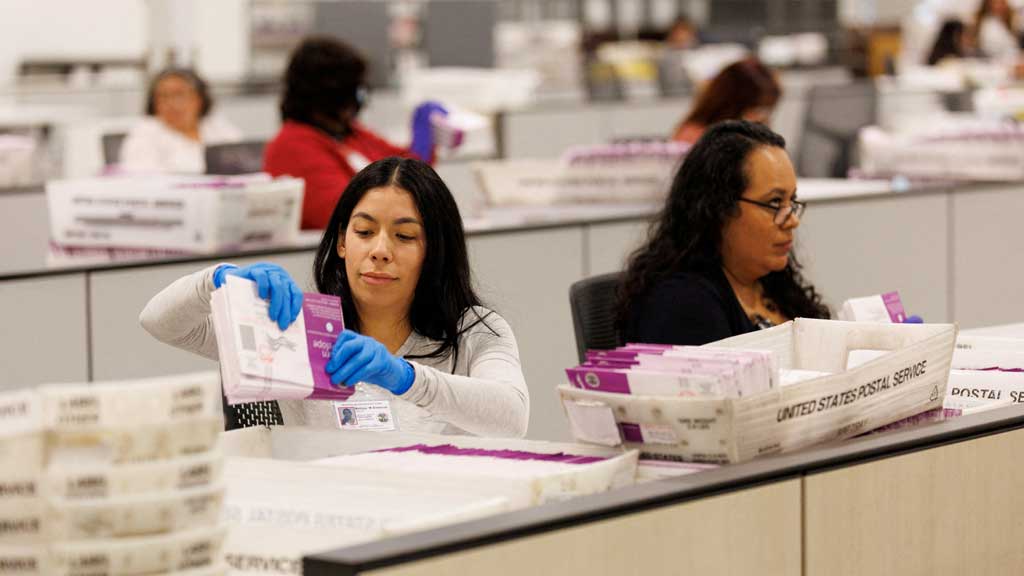
CAN TRUMP UNILATERALLY BAN MAIL-IN BALLOTS?

COULD TRUMP’S ALLIES BAN MAIL-IN BALLOTS?
WHAT OTHER POWERS DO PRESIDENTS HAVE OVER ELECTIONS?
Trump administration revokes security clearances of 37 U.S. officials
The Trump administration revoked the security clearances of 37 current and former officials on Tuesday that it accused of “politicization or weaponization” to “advance personal, partisan or non-objective agendas.”
The big picture: National Intelligence director Tulsi Gabbard publicly released a memo naming the officials, which Mark Zaid, a lawyer who represents intelligence officers and who’s suing the Trump administration to have his revoked security clearance restored, said may have broken the law.

Driving the news: Gabbard accused the officials in an X post on the administration’s latest move to revoke security clearances of “politicizing and manipulating intelligence, leaking classified intelligence without authorization, and/or committing intentional egregious violations of tradecraft standards.”
- Neither the memo nor Gabbard’s post detailed evidence on these claims, but among the intelligence community public servants included in the list are officials who were involved in assessments on Russia’s efforts to interfere in the 2016 election and others who worked on national security under former Presidents Biden and Obama.
- Others signed a letter supporting the impeachment inquiry into President Trump on allegations that he pressured Ukraine, which far-right activist Laura Loomer amplified last month as she noted some still held security clearances.
What they’re saying: Zaid wrote on X in response to Gabbard’s post: “Can you say ‘Privacy Act violation’? I certainly can. Further proof of weaponization and politicization. The vast majority of these individuals are not household names & are dedicated public servants who have worked across multiple presidential administrations.”
- He said in a Tuesday night email that information regarding someone’s security clearance “is maintained in a protected Privacy Act System of records” and the government “cannot simply release that information without written consent from the individual or the existence of a Routine Use, which I do not believe exists for this purpose.”
- Representatives for the Office of the Director of National Intelligence did not immediately respond to Axios’ Tuesday evening request for comment on the matter.
Of note: Loomer noted on X that she had previously called for the security clearance of one of those named in the memo to be revoked, adding: “Thank you, Tulsi! MORE SCALPS.”

- That official worked under then-director of National Intelligence James Clapper on an Intelligence Community Assessment that found Russia interfered in the first election that President Trump won, a conclusion that received bipartisan support in Congress.
- However, Gabbard last month accused the Obama administration of a “manipulation of intelligence” around Russia’s role in the 2016 election.
Flashback: On his first day in office, Trump revoked the security clearances of 51 former intelligence officials who signed a letter in 2020 saying emails from Hunter Biden’s laptop carried “classic earmarks of a Russian information operation.”
- In February, he pulled former President Biden’s access to classified information and stopping his daily intelligence briefings.
- Trump has also revoked the security clearance of retired Gen. Mark Milley, a former Joint Chiefs of Staff chair, who once called him “fascist to the core.”

Hundreds of items just got a lot more expensive to import into the US because of Trump’s tariffs
Hundreds of different goods just got a lot more expensive to import into the United States, now that President Donald Trump’s 50% tariff on steel and aluminum has kicked in.
Butter knives, baby strollers, spray deodorants and fire extinguishers, considered “derivative” steel and aluminum products, were previously excluded from the 50% tariff, though they were still subject to the higher country-specific tariffs Trump enacted over the last several months.

However, on Friday, US Customs and Border Protection and a division of the US Commerce Department published notices informing US importers that 407 categories of goods containing steel and aluminum would immediately be subject to the 50% tariffs at 12:01 a.m. ET on Monday. The non-steel and non-aluminum components of the products face other applicable levies.
The abrupt move leaves many US-based importers between a rock and a hard place, with goods they already paid for currently in transit. If they decide to accept the goods, the importers will have to pay considerably higher tariffs. But if they, for instance, tell cargo operators not to unload their orders at US ports to avoid paying tariffs, they’ll likely lose money.
“Today’s action expands the reach of the steel and aluminum tariffs and shuts down avenues for circumvention – supporting the continued revitalization of the American steel and aluminum industries,” Under Secretary of Commerce for Industry and Security Jeffrey Kessler said in a statement on Tuesday.
As is the case with any tariff in place, businesses may not pass on the entire tariff expense they’ve paid to consumers by raising prices. But the chances of businesses absorbing a tariff as high as 50% will likely be slimmer compared to goods tariffed at lower rates.
In addition to the 50% tariff on copper-based goods that recently took effect, the levies “will likely ripple through the manufacturing supply chain, raising production costs across construction, automotive, and electronics sectors,” analysts at the Telsey Group said in a note on Tuesday.

Trump bypasses the Senate — and the courts — to install loyal US attorneys

Around the country, President Donald Trump is circumventing the Senate to install top federal prosecutors, using loopholes to keep loyalists in place.
In U.S. attorney’s offices in Los Angeles, Nevada, New Jersey, New Mexico and upstate New York, the administration has effectively sidestepped or overridden both the Senate confirmation and judicial appointment processes for selecting U.S. attorneys.
When Trump’s nominees can’t get confirmed by the Senate, as required by federal law, the administration installs them on a temporary basis as “interim” U.S. attorneys, who are legally allowed to serve for 120 days.
And when district judges have then rejected Trump’s choices by exercising a 160-year-old power allowing them to appoint someone to the office after an interim U.S. attorney’s term ends, the administration has in a few cases taken an extraordinary step: voiding the judges’ decision and reinstalling Trump’s desired prosecutor as an “acting” U.S. attorney, who can serve for an additional 210 days beyond the initial 120-day interim period.

In two instances, the Trump administration preempted the judges’ votes, appointing the interim U.S. attorneys as acting U.S. attorneys before the judges could have their say. And in at least one district, the administration’s attempt to sidestep the Senate and district judges is being challenged in court.
Though the law doesn’t explicitly forbid the Trump administration’s approach of appointing people to successive temporary stints, “the intent [of the law] was always for Senate confirmation,” said Jennifer Selin, a professor at Arizona State University law school.
“The Trump administration has been very strategic in using the law in this particular way,” Selin said.
A spokesperson for the Justice Department didn’t respond to a request for comment.

The nation’s 93 U.S. attorneys are the top federal law enforcement officials in their geographic districts. While they are nominated by the president, the Justice Department has historically sought to insulate them from political influence. And the president’s selections are expected to have the blessing of another branch of government — either the Senate or the courts.
Carl Tobias, a University of Richmond law school professor, said the workarounds are alarming because they eliminate the vetting process conducted by the Senate, calling it “a perversion of what the Constitution seems to require.”
Critics worry that the lack of oversight on some of Trump’s picks could create a perception — if not a reality — that those prosecutors are simply doing the White House’s bidding and using their offices for political purposes. For instance, Trump’s pick in New Jersey, Alina Habba, has been criticized for prosecuting a Democratic member of Congress who was attempting to conduct an oversight visit at an immigration detention center.

Trump’s strategy of overriding the other branches could also create tension between U.S. attorney’s offices and the district courts in which they operate.
“Senatorial influence over selection has really been a critical aspect of the U.S. attorney’s system, and so has the relationship between the U.S. attorney and local institutions like the district court bench, local governments and local communities,” said Daniel Richman, a Columbia Law School professor and former federal prosecutor. “And when you start ramming people down into these offices without any consideration of local communities, and in particular of the district court bench, bad things happen.”
Richman pointed to a recent ruling in Manhattan denying the DOJ’s effort to unseal secret materials in the cases of Ghislaine Maxwell and Jeffrey Epstein as an example of “judges looking askance at an effort by Washington to circumvent the district.”
“District judges really care about the integrity, and, to some extent, the autonomy of the U.S. attorney’s offices that appear before them,” he said. “They, like any actor, like to help shape the quality of justice that’s done in their courtroom, and they do that not just through their rulings, but through the influence they have on the U.S. attorney’s offices. And U.S. attorney’s offices that have any desire to be effective tend to their relationship with the local bench.”

Maintaining a loyalist in New Jersey
The most dramatic fight over a U.S. attorney post in the second Trump administration has been in New Jersey, where earlier this year Trump picked Habba, one of his former personal defense attorneys and a vocal supporter, to serve as U.S. attorney on an interim basis while also nominating her to take the job permanently.
Habba, who had never worked as a prosecutor, is a controversial figure who opened a number of politically charged cases in her first few months on the job. Her office charged Rep. LaMonica McIver (D-N.J.) with assaulting federal agents after she clashed with immigration officials while attempting to visit an immigration detention center; she is seeking to get the case dismissed. Habba’s office also arrested Newark Mayor Ras Baraka, a Democrat, but later dropped the case. And shortly after Habba took office, she opened an investigation into Gov. Phil Murphy, a Democrat, over the state’s immigration policies.
It quickly became clear that Habba could not win Senate confirmation. So when her term as interim U.S. attorney was about to expire last month, district judges in New Jersey voted to determine who should occupy the post indefinitely until the Senate could confirm someone to the job.

The judges declined to keep Habba in office, voting instead to install longtime career prosecutor Desiree Leigh Grace.
But Trump quickly bypassed that selection, reinstalling Habba on a longer-term but still temporary basis as acting U.S. attorney. He did so by having the Justice Department fire Grace while simultaneously withdrawing Habba’s nomination in the Senate. The withdrawal was important because nominees for a full-time U.S. attorney post generally cannot also serve in an “acting” capacity, per federal law. But once Habba was no longer a nominee before the Senate, the Trump administration argued, she could remain in the job for another 210 days, or about seven months. What will happen after that remains unclear.
Trump’s workaround to keep Habba in the job for now is contested. A defendant in a drug and gun case in New Jersey is arguing that the administration’s maneuvering was irregular and unconstitutional and is challenging Habba’s authority.
Habba’s office didn’t respond to a request for comment.

Workarounds in New York and New Mexico
Slightly different scenarios have played out in other U.S. attorney’s offices.
In the Northern District of New York, which covers Albany and Syracuse, Trump’s interim choice for the job was John Sarcone III, a Republican lawyer who has run for office unsuccessfully several times and, like Habba, had no apparent prosecutorial experience. Sarcone had a tumultuous start to his tenure that included listing his address on a police affidavit as a location that was actually a boarded-up building.
When Sarcone’s 120-day interim period expired, the district judges in northern New York declined to appoint him to continue in the job. But unlike in New Jersey, the judges did not select a substitute — they simply didn’t appoint anyone. The Justice Department responded by giving Sarcone an appointment of “special attorney” with an “indefinite” term so that he could return to the job. The office didn’t respond to a request for comment.
A similar sequence occurred in New Mexico last week. The district judges in the state declined to extend Trump’s pick for interim U.S. attorney, Ryan Ellison. So the Justice Department converted him to the “acting” head of the office under a federal vacancies law. As with Habba, that maneuver allows Trump to chain together the 120-day interim period and the 210-day acting period — potentially allowing the non-confirmed official to remain on the job for nearly a full year.
New Mexico’s Democratic senators, Martin Heinrich and Ben Ray Luján, said the decision exemplified “this administration’s continuing willingness to trample the role of the Judiciary and Congress.”
Ellison embraced the move, saying in a statement: “I applaud New Mexico’s federal district judges for declining to appoint someone other than the Trump Administration’s choice to lead the United States Attorney’s Office as they had the discretion to do at the end of my interim appointment.” He added that “the appointment of a U.S. Attorney is a process that should be sorted out in a collaborative and professional manner between the executive and legislative branches of government.”
In one powerful district — the Southern District of New York, which is based in Manhattan — Trump’s interim U.S. attorney pick did not run into resistance from judges. On Monday, the judges there voted to retain Trump’s choice, former Securities and Exchange Commission chair Jay Clayton. The vote allows Clayton to continue running the office indefinitely, even though Sen. Chuck Schumer (D-N.Y.) blocked Clayton’s confirmation in the Senate.

Getting around judges in California and Nevada
In the Central District of California, which is based in Los Angeles, Trump’s interim choice was Bill Essayli, a Republican who had been serving in the California State Assembly. In his early months on the job, Essayli drew scrutiny for reportedly pushing prosecutors to bring cases desired by the Trump administration but unsupported by sufficient evidence.
As his interim period was coming to an end, the Trump administration converted Essayli’s title from interim to acting. It’s not clear if the district’s judges ever held a vote on the post. The court didn’t provide an answer when asked about it.
A spokesperson for Essayli’s office declined to comment.
And the administration deployed the same tactic in Nevada to keep in place Sigal Chattah. In the final days of her temporary tenure as interim U.S. attorney, a group of more than 100 retired federal and state judges wrote to the chief federal district judge in Nevada to object to voting to install Chattah after her appointment expired. The group said her history of “racially charged, violence-tinged, and inflammatory public statements” disqualified her.
Instead of waiting for the judicial vote, the Trump administration simply made her the acting U.S. attorney. The office didn’t respond to a request for comment.
Future risks
While Trump may be getting his way on U.S. attorney choices for now, the strategy may ultimately come back to haunt him.
Retired U.S. District Judge John S. Martin predicted that the practical effect of the maneuvers is that a U.S. attorney who is installed over the objections of the local bench will lose credibility with the judges, not necessarily because of any actions they take, but simply by virtue of the process.
That may jeopardize cases in court for prosecutors, Martin said, because it “means that when the government comes in and asserts something a little bit unusual, it’s going to get a very skeptical view from the court.”
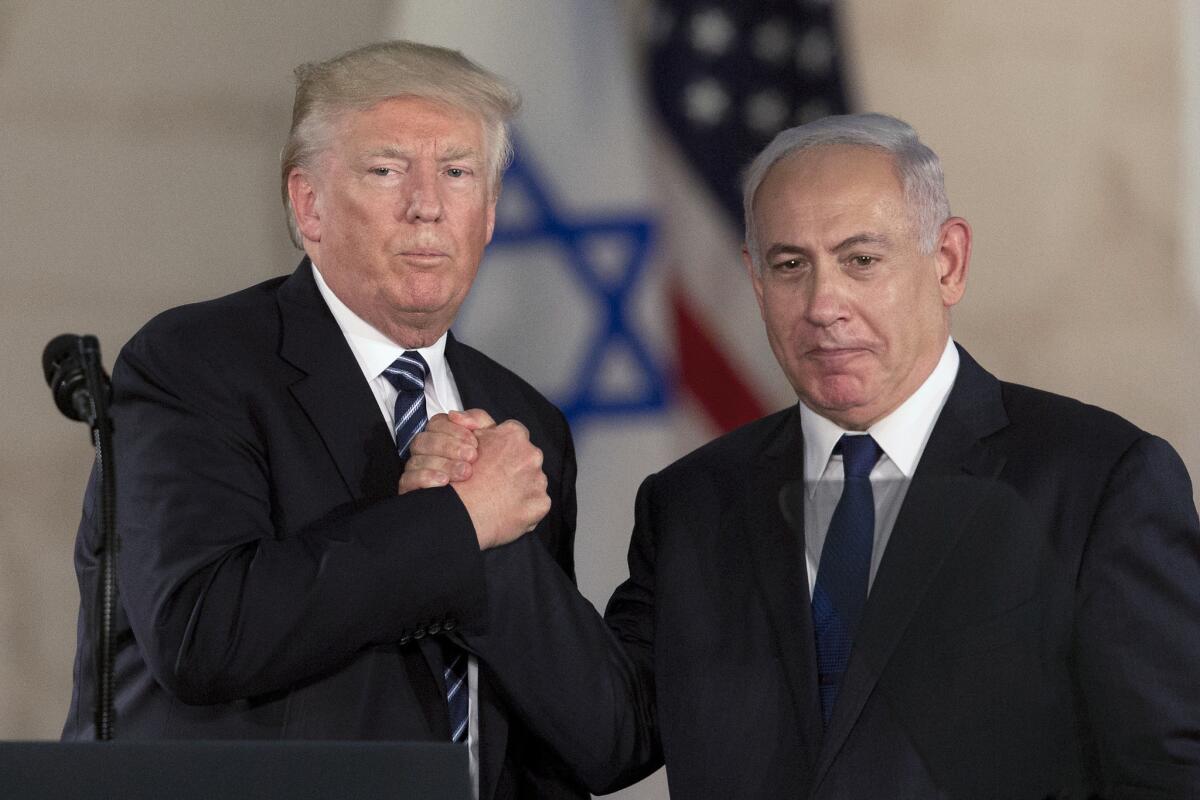
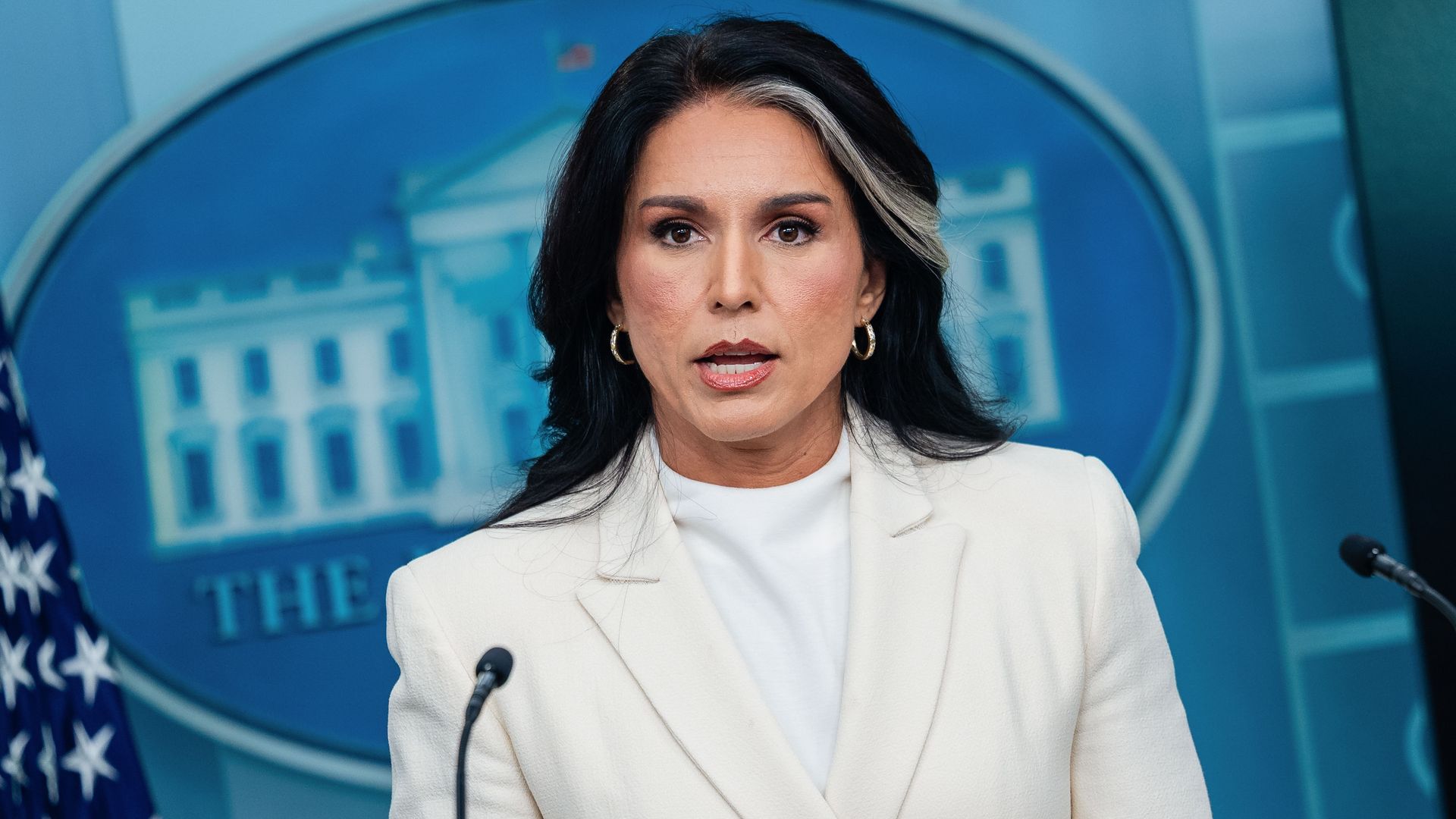
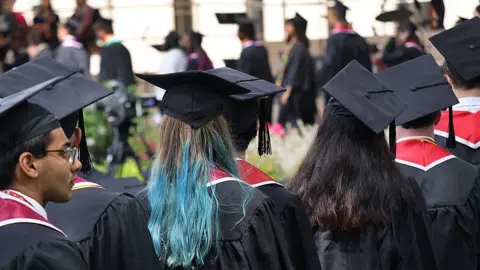

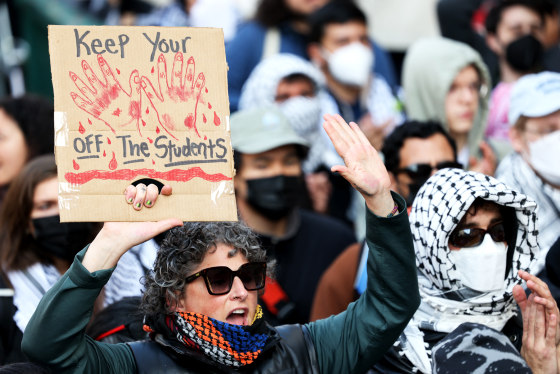

.jpg?w=1200&resize=1200,0&ssl=1)




















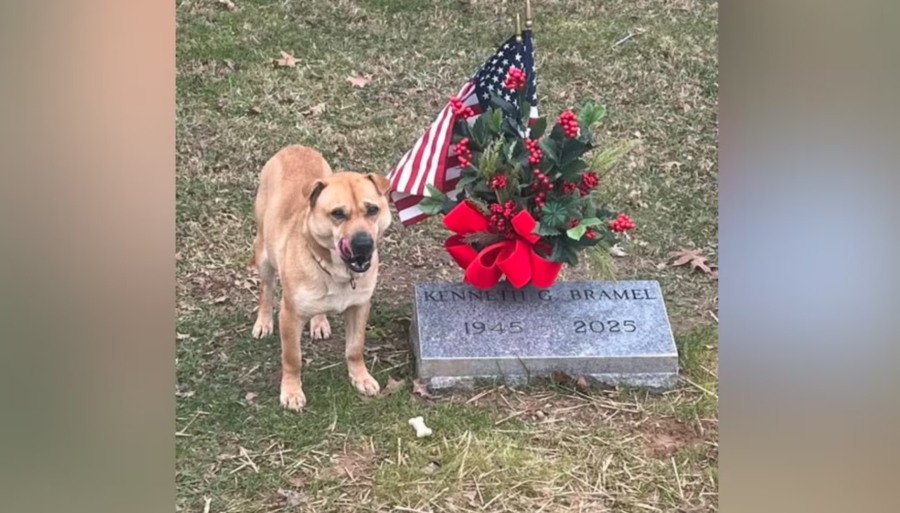









:max_bytes(150000):strip_icc():focal(999x0:1001x2)/catherine-ohara-013026-7-4b5b413a646d4f15a1fd15ac8b933811.jpg?w=1200&resize=1200,0&ssl=1)








